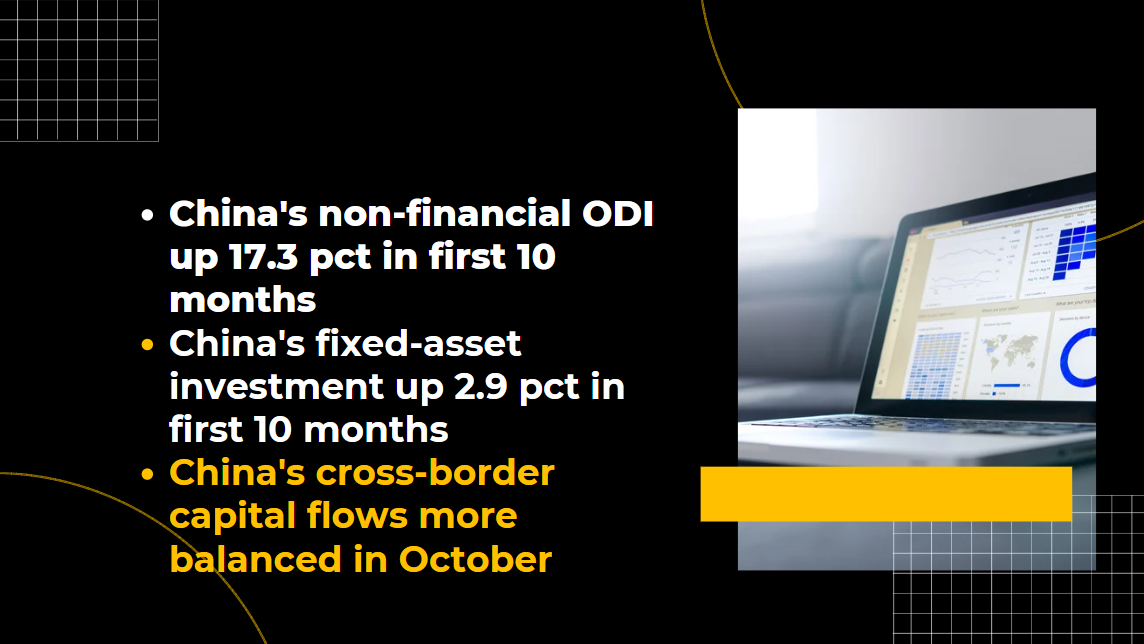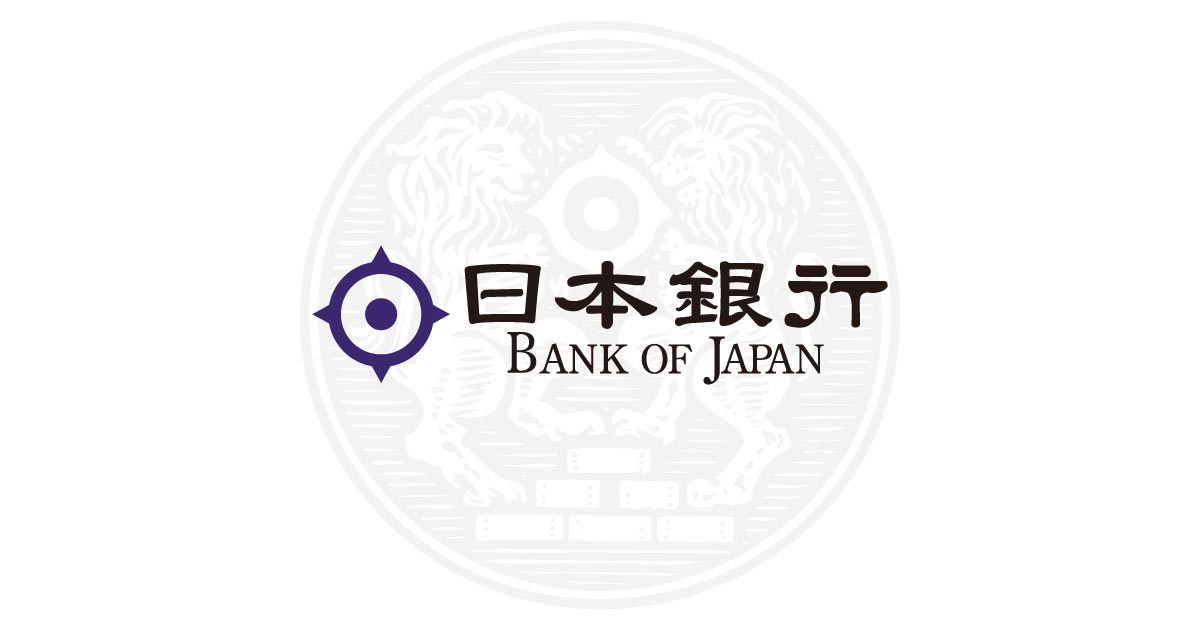SAFE pledges more opening-up measures to invigorate investment
Efforts by the State Administration of Foreign Exchange (SAFE) to further facilitate cross-border investment and financing for technology-focused small and medium-sized enterprises and advance the opening up of the capital account will improve the competitiveness of the Chinese financial industry and aid in the country's high-quality economic growth, experts said on Thursday.
SAFE will continue to steadily expand institutional opening-up in the foreign exchange sector, its capital account management department wrote in a column released on its official WeChat account on Wednesday.
Greater efforts will be made to further facilitate cross-border investment and financing by focusing on supporting technology innovation and the development of micro, small and medium-sized enterprises, SAFE said.
Policies facilitating cross-border financing will be promoted comprehensively for SMEs that specialize in niche sectors, command high market share and boast strong innovative capacity. This is part of efforts to expand the pilot project of high-standard opening-up in cross-border trade and investment, according to the article.
Wang Youxin, a senior researcher at Bank of China, said tech-focused SMEs play an important role in enhancing China's overall strength in science and technology, improving the competitiveness of the industrial chain, and even solving "bottleneck" problems in technology innovation.
By improving the financing conditions for these companies, SMEs can concentrate on more research and development, purchase state-of-the-art equipment and apply their research results to production scenarios more rapidly. These are conducive to China's ongoing economic transformation and upgrading as well as its high-quality economic development, he said.
Pilot programs for cross-border financing were expanded for tech-focused SMEs in 2022 by allowing these companies to borrow from overseas within a certain limit.
According to SAFE, these programs have benefited 280,000 high-tech companies, equivalent to 80 percent of all such companies in China.
To promote the quality of capital account opening-up is another major topic that SAFE will address in the near future, according to the article.
It will, therefore, advance the revision of rules such as those on overseas listing and foreign institutional investors' investment in the Chinese onshore market.
It will prudentially promote the pilot project of cross-border investment by equity investment funds, study to expand the pilot program of multinational companies' integrated capital pooling of domestic and foreign currencies, and support these companies to set up corporate treasury centers in China.
These efforts will help more foreign financial institutions set up operations in China and seek long-term development in the country, said Zhou Maohua, a macroeconomic researcher at China Everbright Bank.
The participation of more overseas investors and institutions will help optimize financial product supply and improve resource allocation efficiency in the Chinese financial market, said Zhou.
By the end of October, nearly 1,000 multinational companies used cross-border capital pooling services in China. More than 1.25 million facilitated capital account income payment transactions were made in the country, with the total value exceeding $200 million, according to SAFE.
Wang Qing, chief macroeconomic analyst at Golden Credit Rating International, said that SAFE's latest comments address the messages delivered during the Central Financial Work Conference held in late October. While institutional opening-up has been stressed in the meeting, more opening-up policies can be expected in terms of rules, regulations, management strategies and standards.
The ultimate goal is to substantially improve the international competitiveness of the Chinese financial sector, which in turn will help improve its capability to serve China's real economy, Wang said.




















































First, please LoginComment After ~